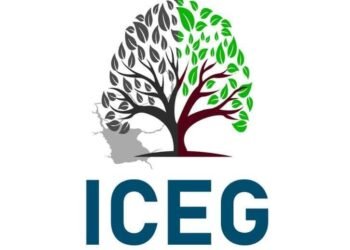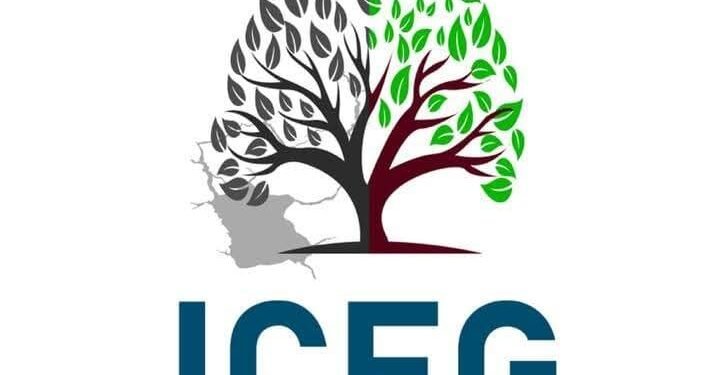The National Petroleum Authority (NPA) is set for one of its most significant transformations in two decades, as the government unveils plans to reposition the regulator as a modern, innovative and future-ready institution capable of responding to global shifts in energy.
The announcement, made by Energy and Green Transition Minister John Jinapor, signals a decisive policy shift aimed at strengthening Ghana’s readiness for a rapidly evolving energy landscape.
“My objective as minister is simple: to position the NPA as a regulator for the future, responsive, innovative and digitally enabled and environmentally aligned with our national development goals.”
Energy and Green Transition Minister John Jinapor
Speaking at the 20th anniversary celebration of the NPA, the minister said the time had come for the country’s downstream petroleum regulator to adopt a bold and forward-looking posture.
He emphasized that the next phase of the NPA’s journey would focus on stronger digital systems, environmental alignment and improved consumer protection.
A Regulator for Future

According to Hon. Jinapor, the government’s new agenda for the NPA involves a decisive break from traditional regulatory methods that no longer match the pace of global energy trends.
The shift toward renewable energy, he noted, is both irreversible and accelerating, making it imperative for Ghana’s regulatory framework to evolve.
He said the NPA must become a central player in safeguarding the country’s energy security while ensuring that the transition toward cleaner fuels does not disrupt economic stability.
Hn. Jinapor noted, “The global energy landscape is rapidly shifting towards renewables,” adding that the regulator must be empowered “to drive integration of cleaner and alternate fuels, enhance market transparency and ensure consumer protection.”
The minister stressed that the NPA’s transformation would also rely heavily on digitalisation, ensuring that regulatory operations become more transparent, efficient and responsive to real-time market dynamics.
Plans for a New NPA Act

As part of the overhaul, government is preparing to introduce a new National Petroleum Authority Act to reflect current market realities and future industry demands.
Hon. Jinapor said the existing legislative framework, drafted at a time when global energy systems were largely fossil-fuel dependent, needed to be updated to reflect the era of renewable integration, energy diversification and technological change.
He described the upcoming legislation as a foundational element of Ghana’s energy transition agenda.
The new NPA Act, he explained, will align taxes, levies and pricing structures within the downstream petroleum sector to promote fairness and efficiency.
“This new legislative framework will empower the NPA,” he said, underscoring its role in creating an energy market that supports innovation while protecting consumers.
The minister also emphasized that the modernised framework would strengthen oversight mechanisms, allowing the Authority to regulate emerging energy products and technologies more effectively.
“The government is undertaking comprehensive reviews and reforms within the downstream petroleum sector.”
Energy and Green Transition Minister John Jinapor
He emphasized that enhanced transparency and improved market monitoring would form a core part of the NPA’s future operations.
Charting the Next 20 Years of the NPA

As the NPA marks twenty years of regulating Ghana’s downstream petroleum industry, Hon. Jinapor described the moment as both celebratory and reflective, an opportunity to honour past achievements while preparing for a new era.
“As we celebrate our past, we must prepare for the future,” he said, reiterating the government’s commitment to building a resilient, green and technologically advanced energy sector.
The planned reforms, he added, will ensure that the NPA remains not only relevant but influential in steering Ghana through the global shift toward cleaner energy. The next chapter, he suggested, will hinge on innovation, transparency and a renewed focus on national development goals.
READ ALSO: IC Research Predicts a Further Decline in Inflation to 6.5% for November























